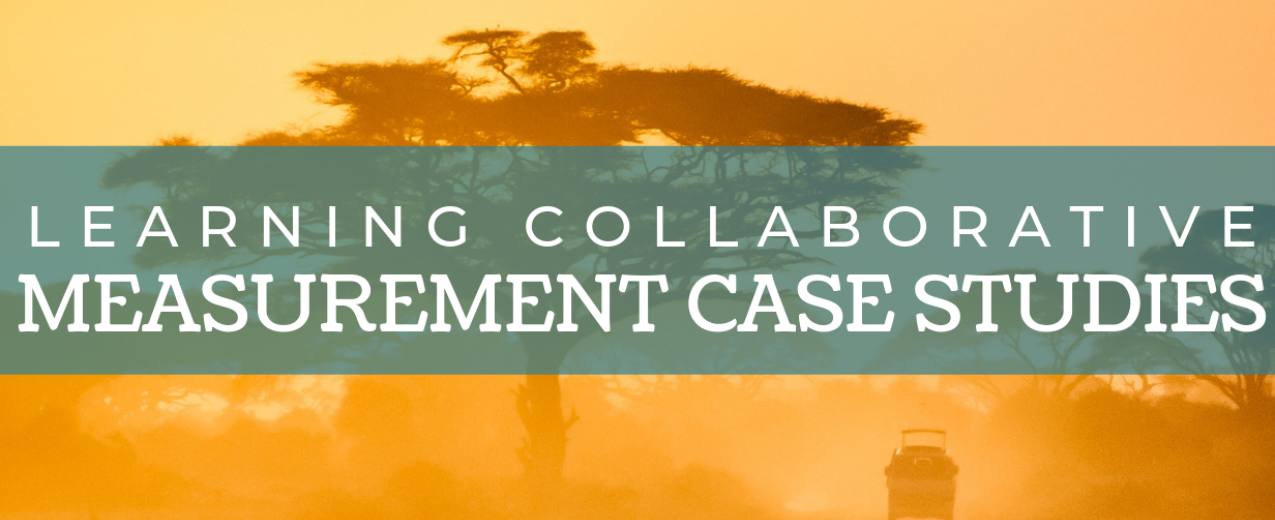
- Project summary
- 14 January 2021
Prévenir les mariages précoces et forcés au Bénin (PROJEUNES)
- Author: Rebecca Justus
- Published by: Social Norms Learning Collaborative
Organizations involved
CARE International, Youth Coalition for Sexual and Reproductive Rights
Summary
The PROJEUNES (Preventing early and forced marriage in Benin) project (April 2018- March 2021) aims to improve the health and rights of adolescent girls at risk and survivors of child and early forced marriage (CEFM) in 20 villages in two departments (Alibori and Borgou) in the north of Benin. As part of its overall goal, the project intends to achieve increased access to adolescent sexual and reproductive health services, enhanced protection of the rights of adolescent girls through psychosocial support, and strengthened government and civil society policies that respond to CEFM, gender-based violence, and adolescent sexual and reproductive health and rights.
Social norms of interest
Perception that children out of wedlock are illegitimate, according to religious principles; it is strictly forbidden to introduce foreign substances into the body to plan births; a real man must keep his wife at home and she owes him absolute submission; girl's first menstruation in her parents' house and the second in her husband house; girls must remain virgins until marriage; girls have no value if they are not virgins; the use of contraception by adolescent girls is unacceptable;, a man should have the final say on decisions at home.
Behaviors of interest
Early and forced marriage; contraceptive services for adolescents; communication between parents and children on sexuality; stigmatization of men who support their wives for the adoption of contraceptive methods.
Project components
CARE, in partnership with the Youth Coalition for Sexual and Reproductive Rights, focuses on the following key interventions:
- Sexual and reproductive health and rights (SRHR) education for adolescent girls and boys: Provide comprehensive SRH education by trained teachers and peer educators to boys and girls youth clubs for in school and out of school adolescents.
- Sexual and reproductive health (SRH) services: Train health care workers to provide adolescent and youth-friendly SRH services, conduct supportive supervision visits to health facility staff, provide monitoring and evaluation tools to improve data and quality analysis, and rehabilitate and equip health facilities to deliver adolescent and youth-friendly SRH services
- Psycho-social support to CEFM survivors: Deliver psychosocial support through social promotion centers; Train social workers and develop a standard operating procedure for the provision of this support.
- Promotion of adolescent girls’ sexual rights: Reflect on gender dynamics around sexual health through Social Analysis and Action (SAA) dialogues; Conduct community dialogues for adolescents, boys and girls, and young women and men to improve access to SRH information and services
- Advocacy and governance: Provide evidence-based recommendations and policy options to the Government of Benin on strengthening adolescent SRH services and protecting adolescent girls against CEFM; Conduct Community Scorecard (CSC) processes to bring together community members with both health facility staff and social promotion center staff; Develop youth led advocacy initiatives through training, mentorship, and financial support.
Social norms measurement
The "most significant change" method (MSC) was used to assess changes in social norms, which is based on the collection of personal stories. It is qualitative and participatory, without indicators. It allows prioritization and value judgment on changes during a program and does not necessarily require in-depth monitoring and evaluation skills in its implementation. MSC promotes analysis and is widely used for monitoring and analyzing social change. It is made up of 10 stages including the collection of stories, the selection of the most significant stories and the feedback at field level.
Key findings to date
MSC has revealed increased use of contraception by young people, support of educators in comprehensive sexuality education for adolescents, transformation of community members and facilitators. Additional findings TBD.
Attribution statement
For more information, contact:
CARE Canada
Fatou Alfa Cisse
CARE Benin/Togo
Modeste Anato

Back to the "Map of social norms-focused interventions and research"
- Countries / Regions:
- Benin
- Data collection methods:
- Focus group, Interview, Participatory techniques, Survey